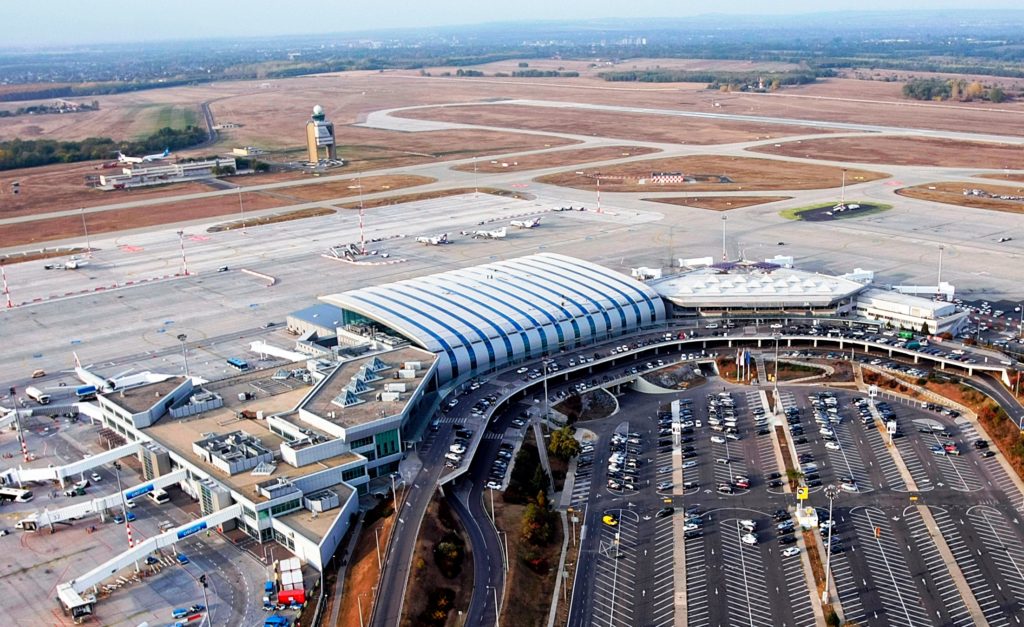Budapest Liszt Ferenc International Airport in Hungary has been recognized as achieving carbon neutrality by the Airports Council International’s (ACI) Airport Carbon Accreditation (ACA) program.
As part of the framework of its environmental awareness program, Budapest Airport replaced the lighting fixtures in the terminals with energy-saving LED-based systems and continues to refurbish and maintain the district heating pipes as well as the pumps of its water supply system.
Air handling and air conditioning equipment is also upgraded on an ongoing basis. As a result of such consistent efforts, the CO₂ emissions of Budapest Airport have been reduced by as much as 44% per passenger over the last five years.
“In Europe, only 30 airports are in the elite club of carbon-neutral operations, and in Central Eastern Europe we are the first to receive this accreditation,” said Gábor Szarvas, environmental director of Budapest Airport.
“Since passenger traffic has been increasing significantly, we are continuously working on making the airport operation greener, in the framework of our Greenairport program. This summer, the new passenger pier at Terminal 2B will be handed over, featuring state-of-the-art technologies of heating and cooling.
“In addition, we continue to increase the number of electric vehicles at the airport and to commission charging stations, reducing CO₂ emissions due to fossil fuels.”
Apart from optimizing its own operation, Budapest Airport is also encouraging its partners at the airport to adopt sustainable practices. The Greenairport initiative was launched three years ago, aimed at making the operation of Liszt Ferenc International Airport sustainable via joint environmental actions.
The energy consumption of the airport – based on the energy consumed for making hot water, heating and lighting – is equivalent to the energy consumed by 23,000 households, the equivalent of a small town, which is why adopting environmentally friendly solutions has top priority at the airport.

